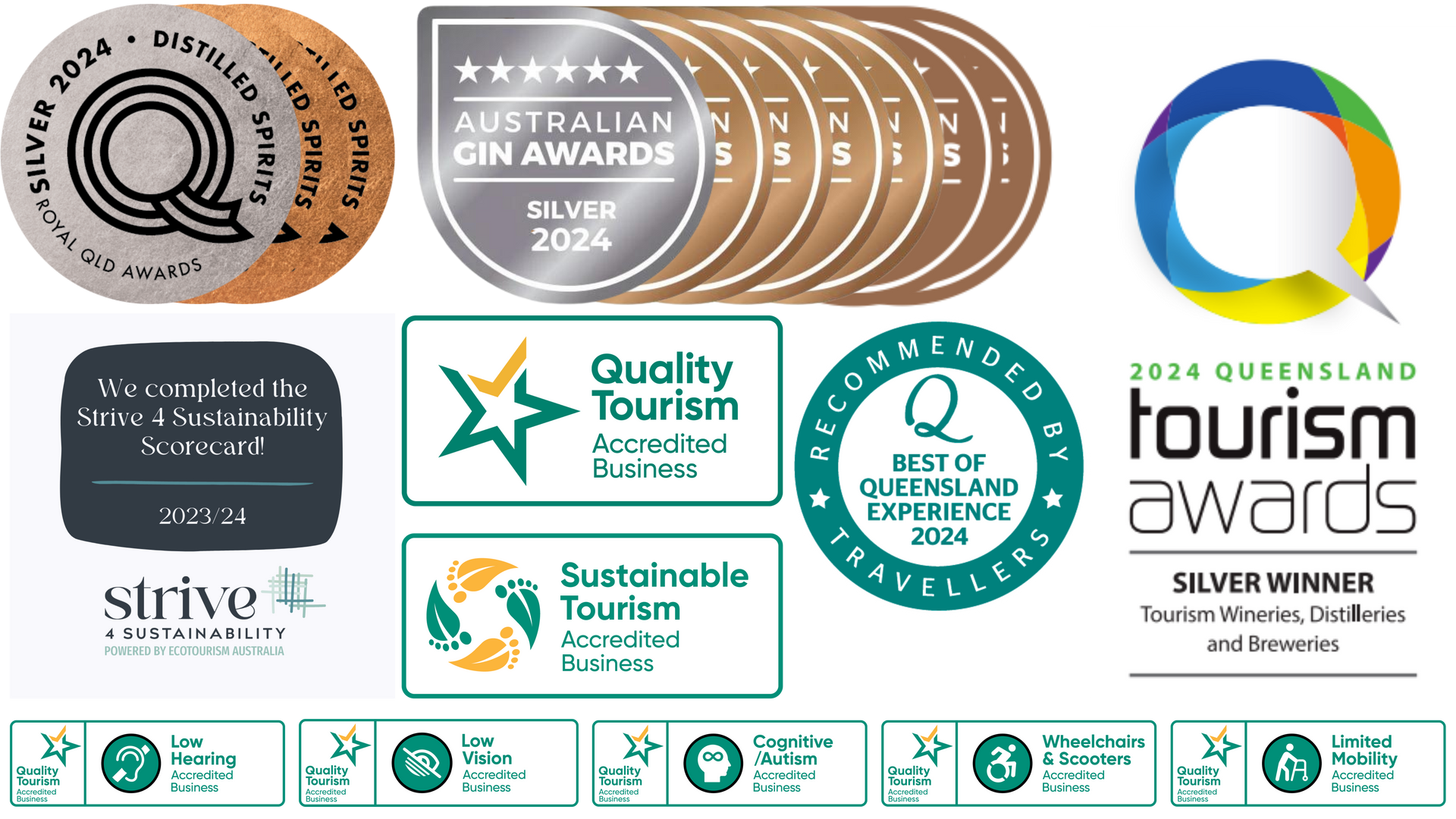Community & Environment
Outback Ties
Western Queensland is full of many small businesses, and we try and support as many as we can.
CHARITY
As the lifeblood of Outback Queensland, $5 from each 500ml bottle of Western Skies Gin is donated by our founders to the Royal Flying Doctor Service – the real heroes of our western skies.
LOCAL PRODUCERS
We love to support other fantastic producers in our region! You'll find plenty of locally sourced ingredients in our spirits and on our food menu. We also have some of our favourites for sale in our Trading Post!
CULTURE & COMMUNITY
Since opening, WQS has featured at many Outback Queensland community events including Better in Blackall, the Cloncurry Races, the Festival of Outback Opera, the Charleville RFDS Ball and Westech Field Days to name a few!
This year is no different with the distillery hosting the Roma leg of Queensland Music Trail’s Outback Trail and featuring at the Festival of Outback Opera and the Brisbane Gin Festival.
We are also the proud sponsors of the Mount Isa Mongrels Police Rugby League Football Club.
Want WQS at your community event or fundraiser? Email us at info@westernqldspirit.com
Sustainability
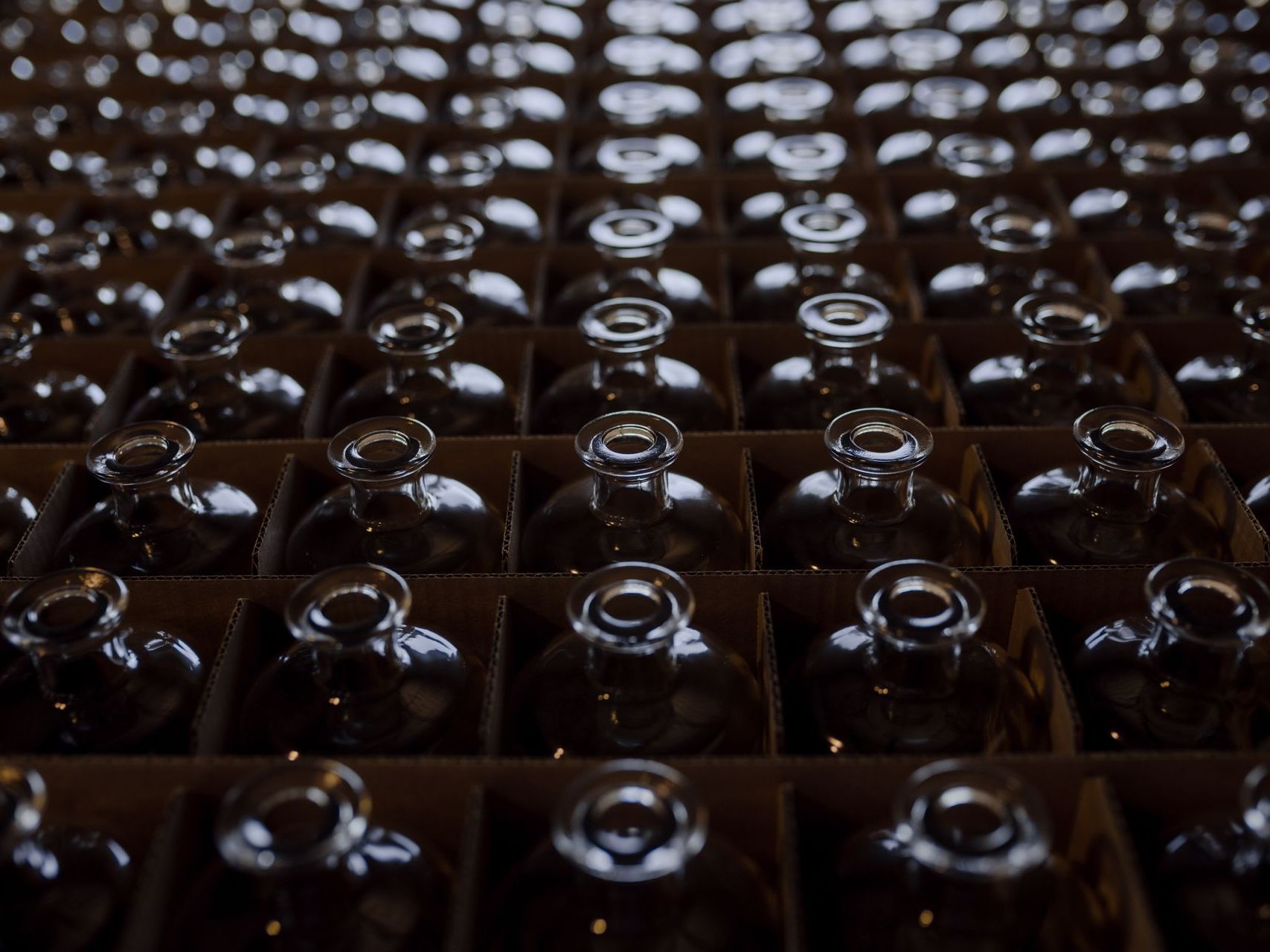
Grape based spirit
We use grape-based spirit as the building blocks of our exceptional range of spirits and liqueurs. Derived as a sustainable byproduct from crushed grapes during the winemaking process, our ultra premium grape-based spirit gives us what we consider to be the best mouthfeel for our spirits.
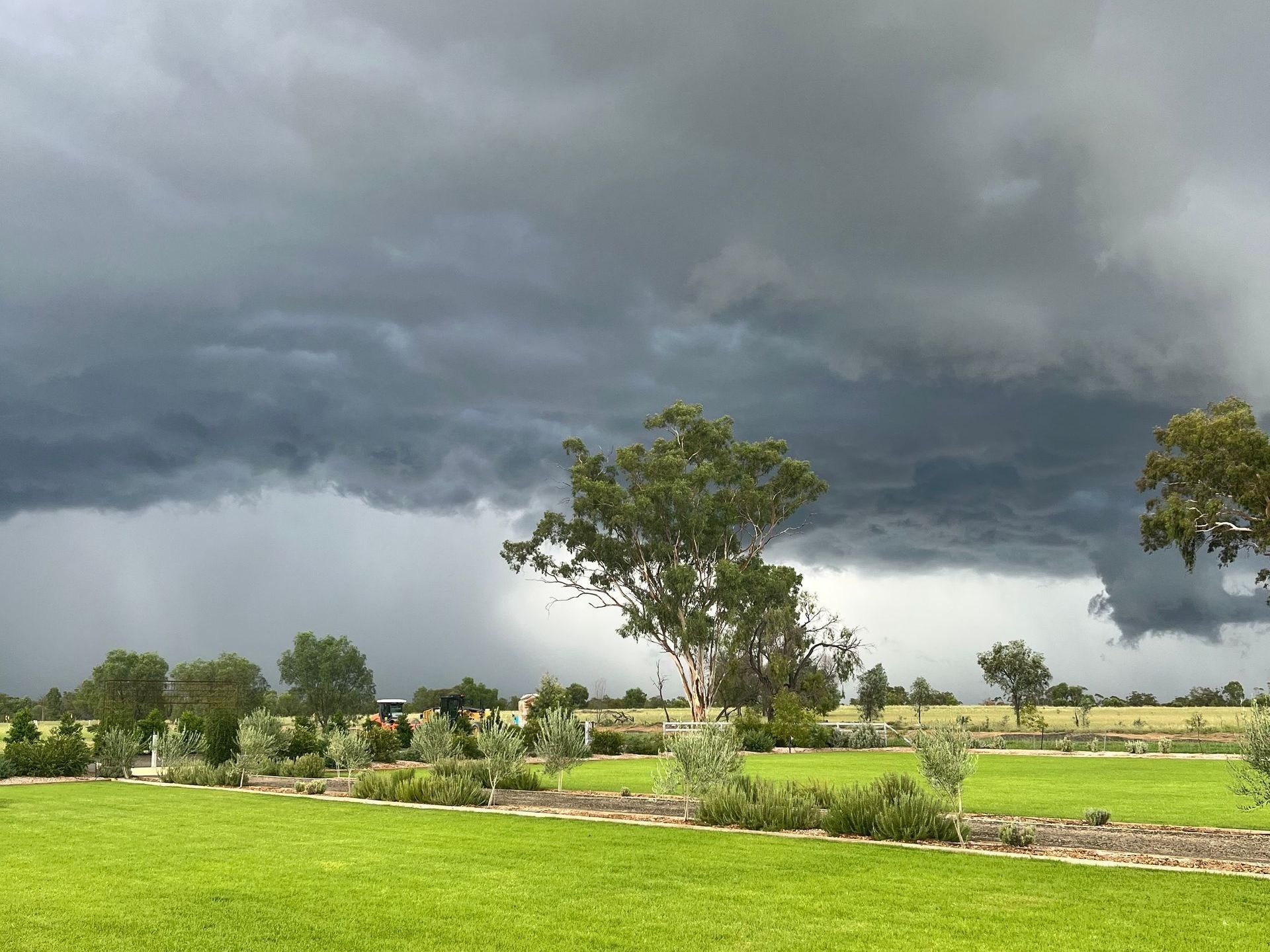
Rainwater
It can be dry in the Outback. Our spirit production relies on filtered rain water as our sustainable water source with total storage for 191,800 litres of rainwater. This ensures our commitment to high quality, sustainable spirit without a reliance on the artesian basin.
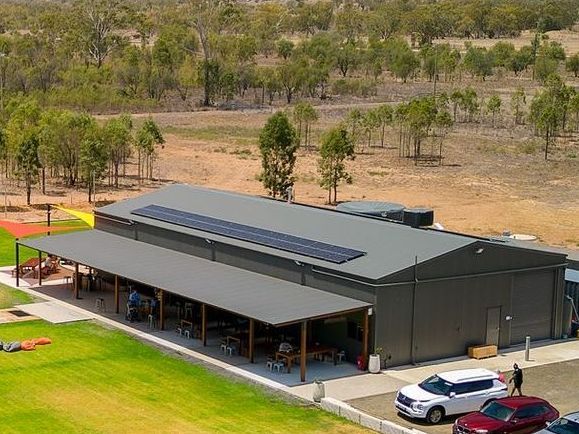
Solar
With our rural and remote location, electricity poses a significant challenge for us. We've installed a 15 kW solar system, maximizing our capacity within these constraints. In our first year we have saved over 25.8 tonnes of CO2, and less than a third of our energy is purchased from the grid.
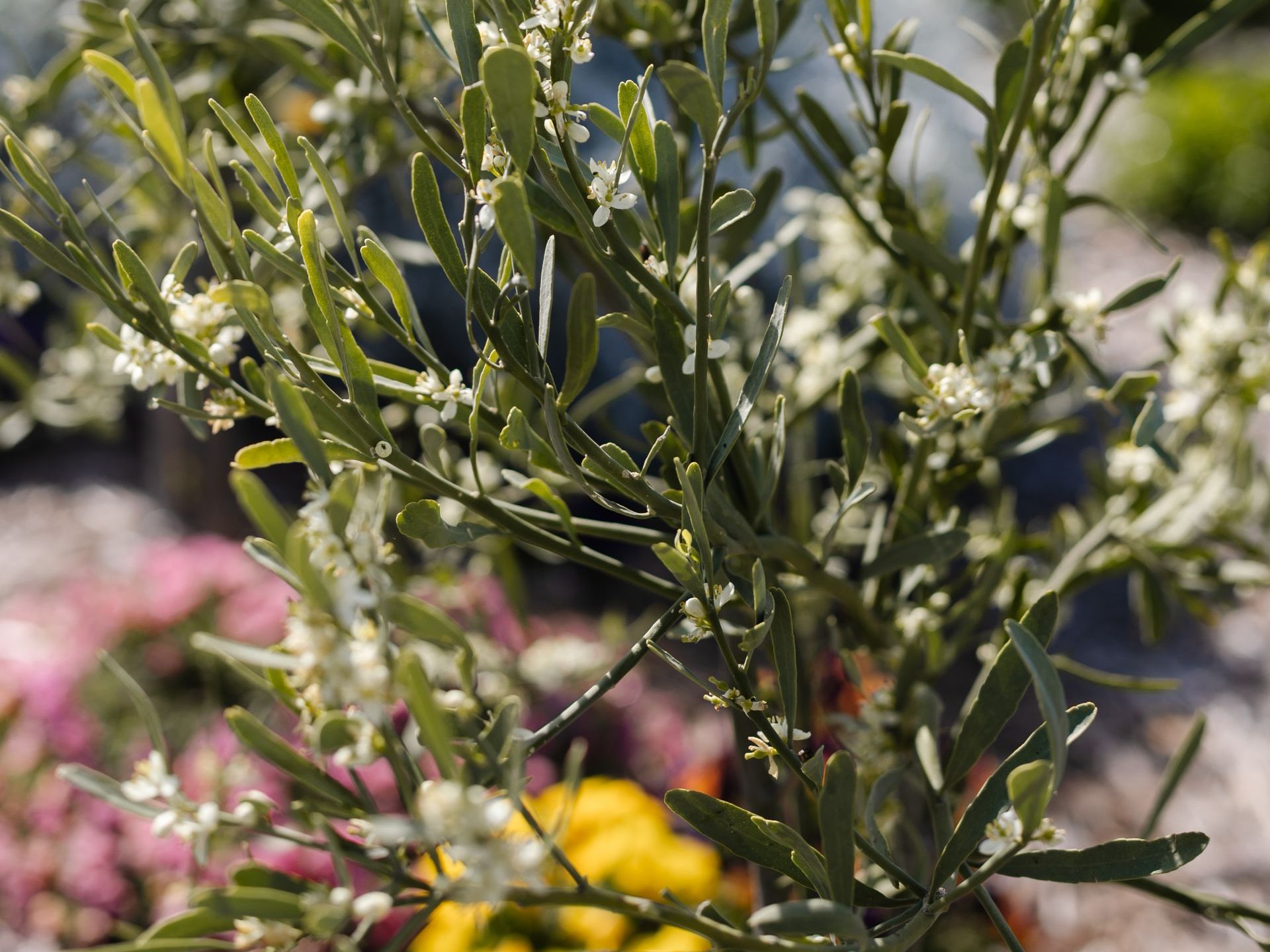
Sourcing botanicals sustainably
We grow as many of our botanicals in our onsite garden as our Outback climate allows & by supporting other producers in the Outback and within Australia, we aim to have the lowest carbon footprint food miles possible. Sadly we need Australia to grow more juniper!
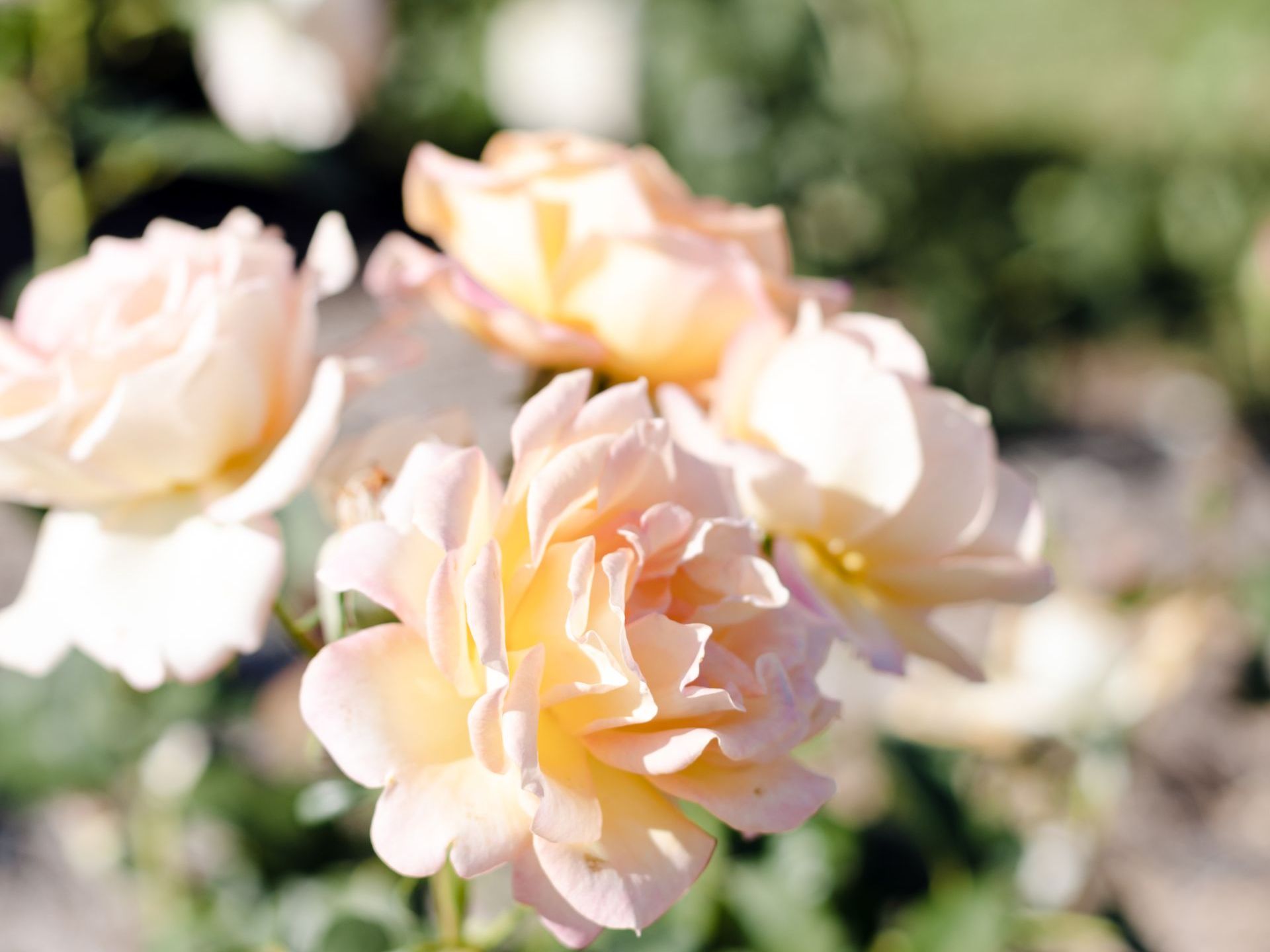
Bees
Maintaining onsite botanical production relies on European beehives on the property. With a visiting apiarist caring for the bees, our Distilling team love the symbiotic relationship that creates an abundance of citrus and other botanicals.
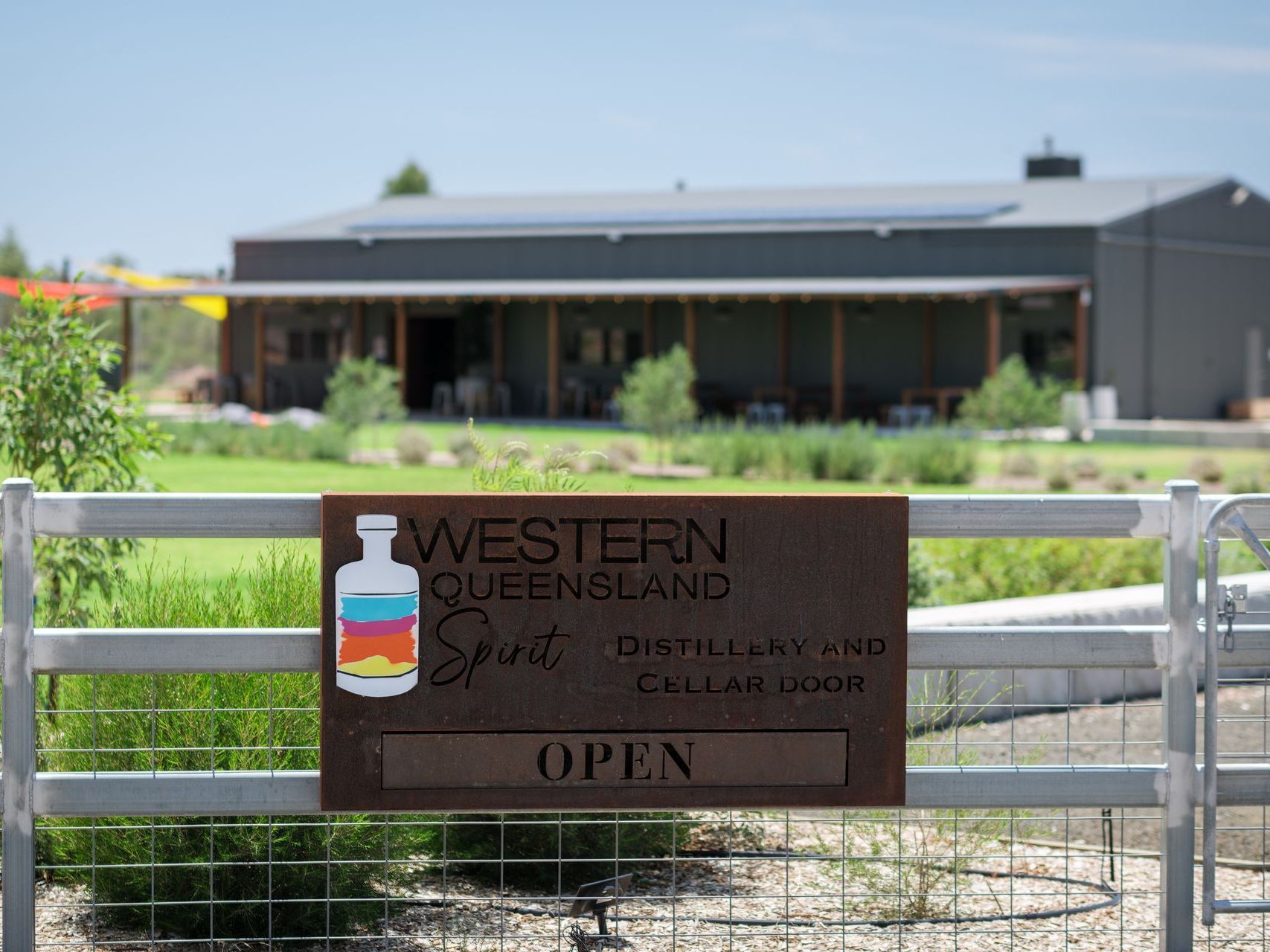
Building
Our distillery & cellar door was built in 2023 to Australian Standards and features LED lighting throughout, thermal insulation & cladding.
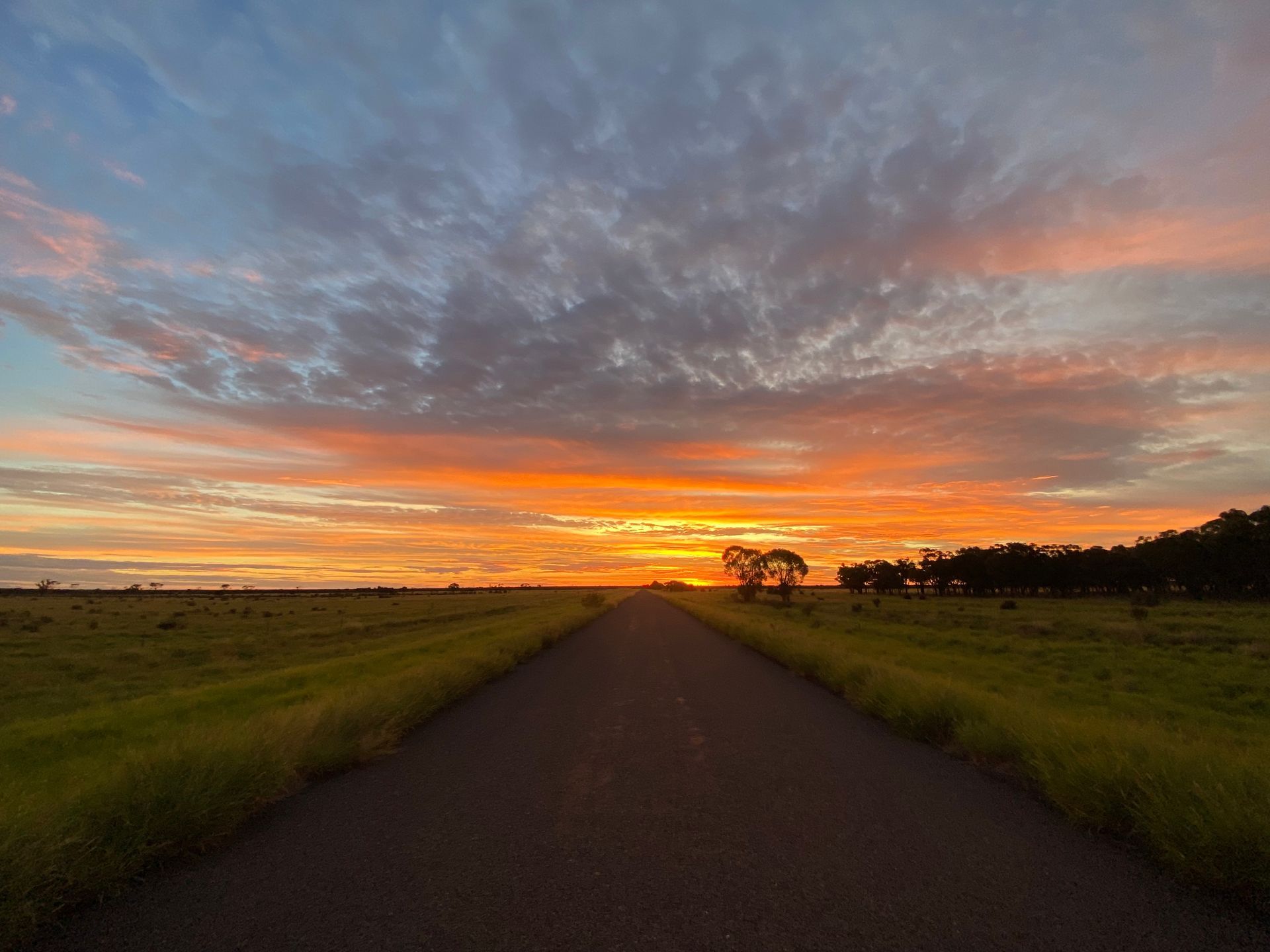
Electric & Hybrid Vehicles
When collecting deliveries or running errands in town, we use our electric Tesla Model 3. Meanwhile, during Outback shows, races, and events, we use our hybrid Rav4 to keep our emissions low as we travel the vast distances our country is famous for.
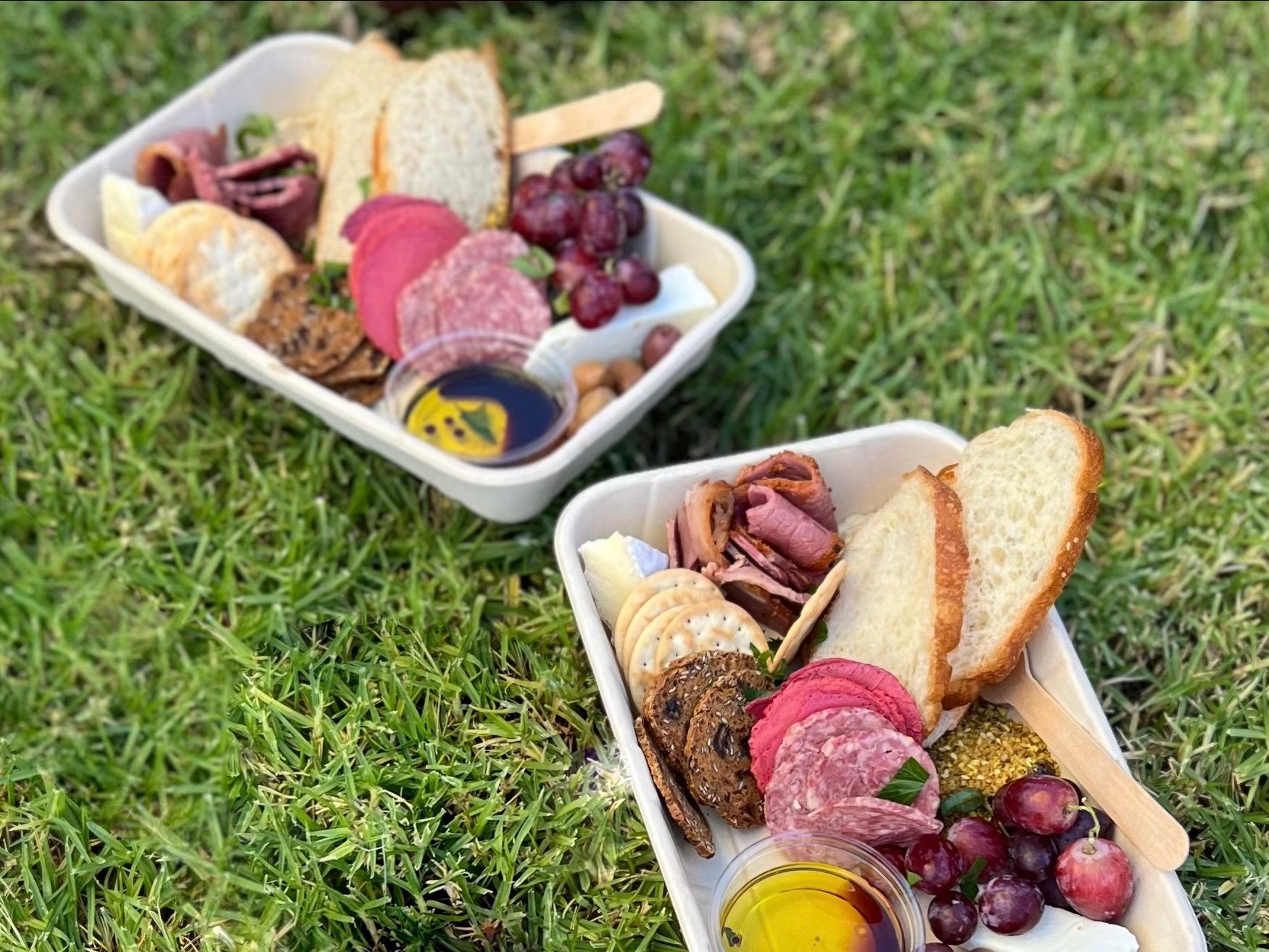
Reuse, Reduce & recycle
We use biodegradable cups, straws, and cutlery.
Our bar stock is replenished from drums, minimizing our reliance on plastic and glass.
Take advantage of our bottle refill program and enjoy a $5 discount when you bring in your old bottle for a refill.
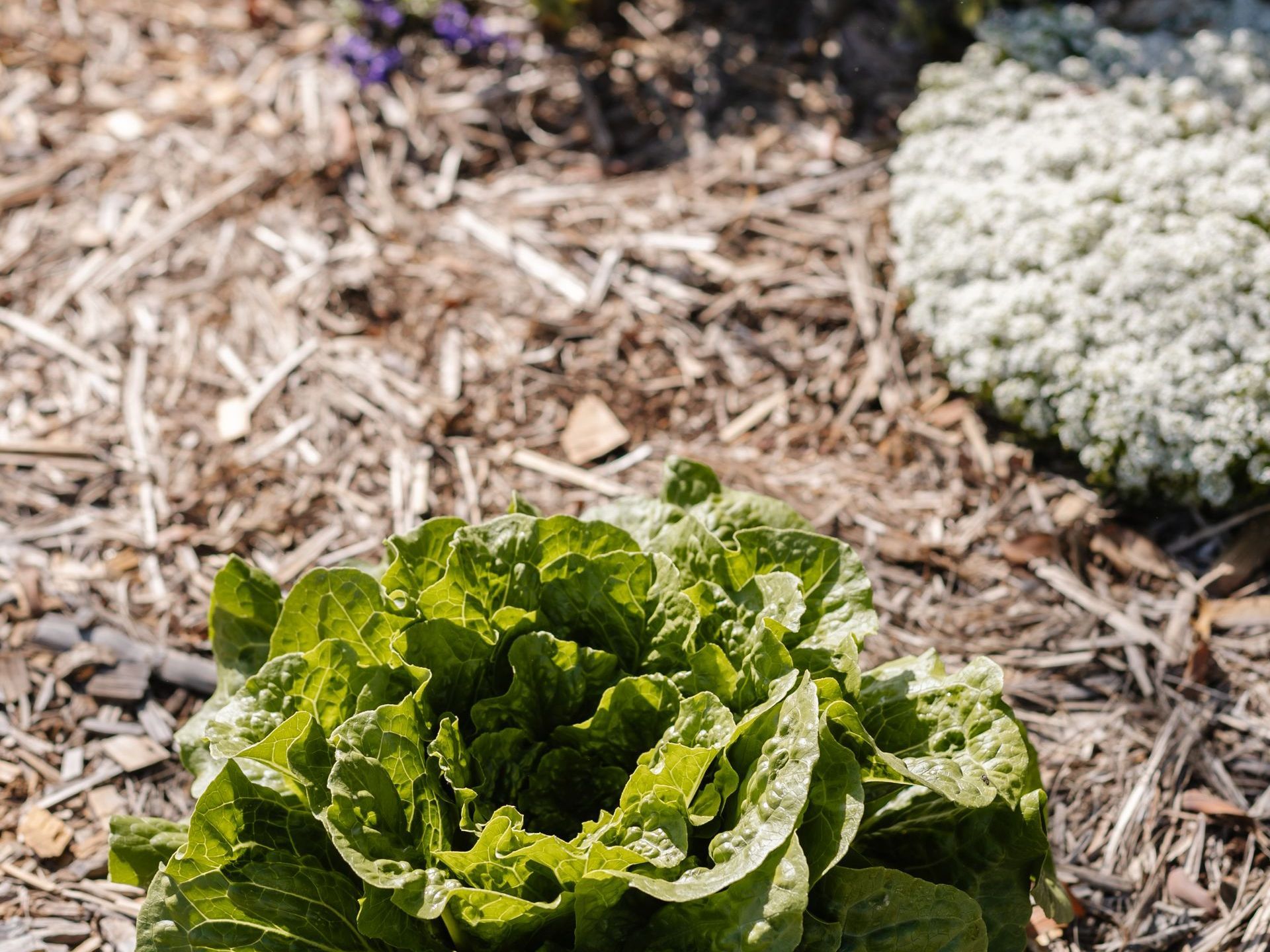
Composting
Our food waste is eaten by our farm chickens or composted. The used botanicals from our spirit making are either re-used in our kitchen for marmalades, jams or sauces or composted onsite. All trade and domestic wastewater is treated on site and used to irrigate grass and gardens.

